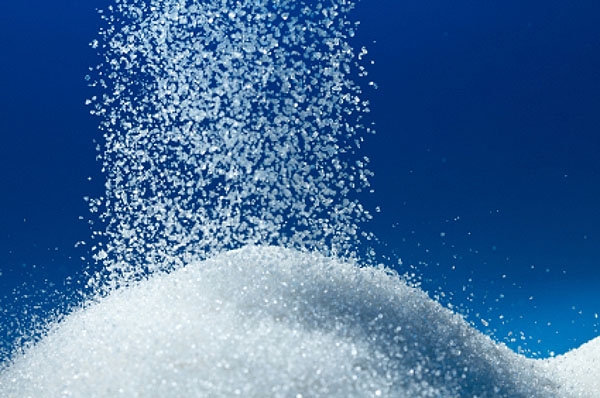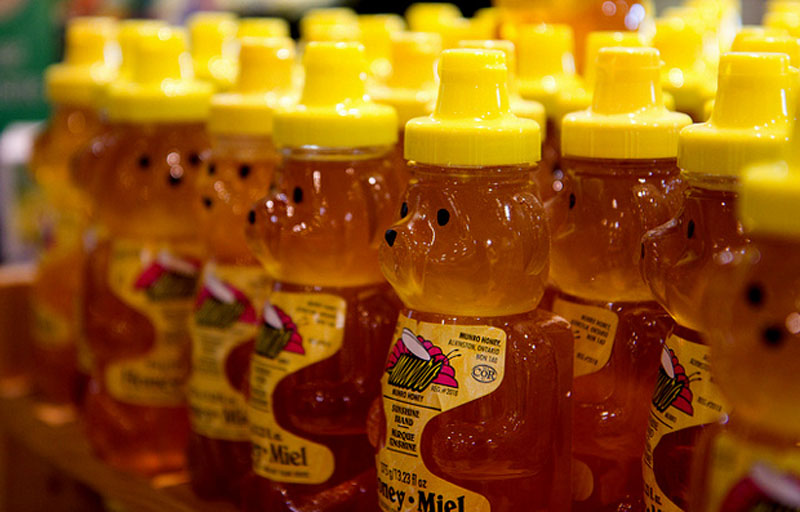Let’s talk about sweeteners such as sugar, stevia, aspartame and many others that you may not know about.
Are all sweeteners detrimental to our health and what are the alternatives?
White sugar has been blamed for a multitude of negative effects on our health.
Overconsumption of white sugar (direct and indirect) is responsible for an increase in diabetes, obesity, lack of concentration, arthritis, cancer and many other diseases.
Sweeteners consumption guide
The following list presents a range of sweeteners found in everyday life or as food additives. The glycemic index, e.g. (75), is given in brackets. Reasons why you should or should not avoid them are also given.
What is the glycemic index
The glycemic index is the percentage increase in blood sugar after the consumption of a food compared to the increase resulting from glucose administration, (the reaction to glucose is considered 100). (Test with 50 grams of food).
Maltodextrin (150)
Has a very elevated glycemic index. It is almost a poison for diabetics. We encounter this sweetener in various standard foods.
Glucose-Dextrose (100)
Highly elevated glycemic index and equivalent to white bread.
Corn syrup (75)
Mainly derived from Genetically Modified Organisms (GMO). Low nutritional value.
High Fructose Corn Syrup (HFCS) (87) is the worst.
High Fructose Corn Syrup has been treated with enzymes to convert part of the glucose into fructose to enhance the sweetness.
White Processed Table Sugar (65)
White processed table sugar is mainly derived from Genetically Modified Organisms (GMOs) and does not contain any beneficial nutrients.
It has a strong acidic (hence negative) reaction in the human body and creates a depletion of nutrients in our body.
Honey (50-75)
The quality of honey is what makes the difference.
Unprocessed (unpasteurized honey), has a low glycemic index and contains more nutrients.
Processed honey, unfortunately, is no different in negative effects than plain table white sugar.
Cane sugar (55)
Better than white table sugar, but it is a processed food.
Blackstrap Molasses (55)
Although it has a relatively high glycemic index, this molasses (derived from the third stage of beet processing) contains many minerals, including iron, calcium, copper, magnesium, phosphorus, potassium and zinc. It is more alkaline for the body.
Maple Syrup (54)
Maple syrup is harvested from the sap of maple trees. To produce it it is refined and hence it is processed turn. It is more nutritious than processed white table sugar, maize syrups and cane juice, but should be used sparingly.
Coconut sugar (35)
It is obtained from flowers growing on coconut trees. It is a nutrient-rich sweetener with a low glycaemic index that is a good substitute for processed white sugar. It is a very popular sweetener among dieters and can also be used in baked desserts.
Agave Nectar (30)
There is a lot of controversy surrounding agave, with no experts having come to a conclusion on whether it is really a healthy alternative sweetener. Use it in small quantities.
Agave is a plant native to Mexico and is reminiscent of a large aloe. In our country we find it under the name Immortal.
Xylitol (7)
Xylitol is a sugar alcohol found in many fruits and vegetables. It can be produced from blueberries, plums, corn, birch, etc. It has a very low glycemic index, but should be used sparingly because it is currently derived mostly from Genetically Modified Organisms (GMOs). It also has a history of causing gut issues.
Stevia (0)
Stevia is 200-300 times sweeter than table sugar. It is produced from the leaves of the stevia plant.
Its glycemic index is less than 1. It does not feed yeast from the genus Candida, nor does it create other problems associated with sugar consumption.
This makes stevia ideal for diabetics, people with gastrointestinal problems and those interested in reducing calorie consumption. It goes well with tea, tarts and smoothies.
Artificial sweeteners – Aspartame, Sucralose (0)
All artificial sweeteners are toxic and ironically the consumption of these sweeteners has been shown to increase body weight, even if the amount of food consumed remains the same.
Instead of an epilogue
When choosing sweeteners, have stevia and coconut sugar first in your selection. Both have a low glycemic index and are rich in minerals.
Conversely, avoid artificial sweeteners, table sugar, corn syrups, glucose-dextrose and maltodextrin. They spike blood sugar levels and contain no nutrients.
Finally, use molasses, maple syrup, agave nectar, cane sugar and honey sparingly. Although they contain beneficial nutrients, they are mostly processed foods (with the exception of unprocessed honey) and have a relatively high glycemic index.
Sources
A practical guide to sugar and sweeteners
High-fructose corn syrup
Genetically modified organism
Molasses
Tags: ASPARTAME • HONEY • STEVIA • SUGAR • SWEETENERS




